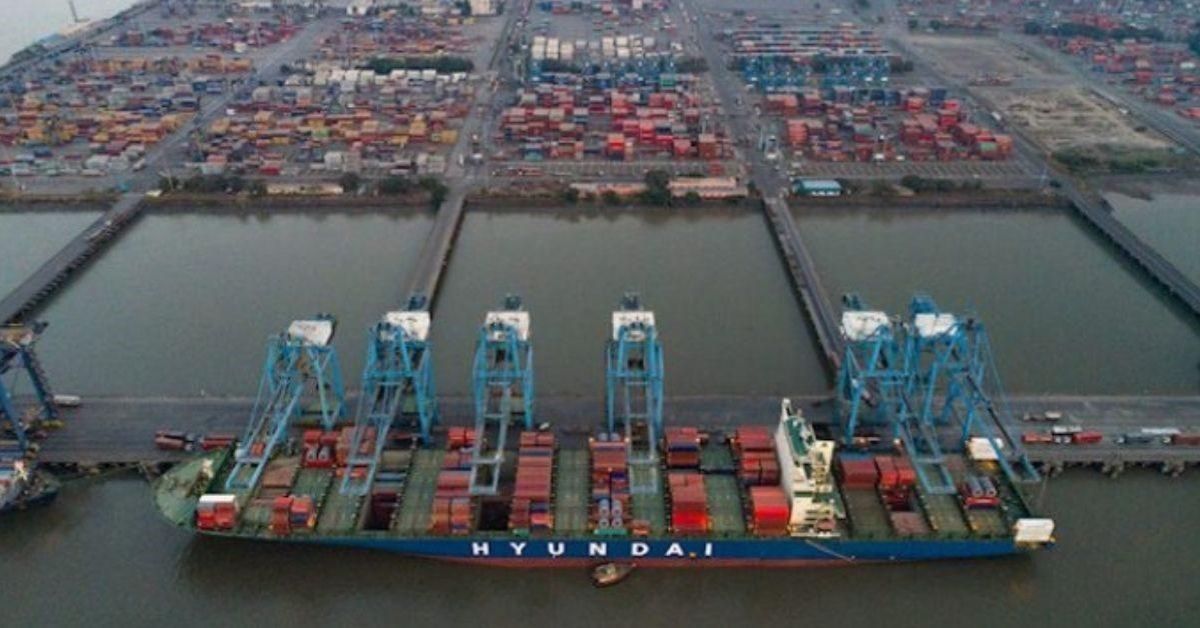The Jawaharlal Nehru Port Authority (JNPA)ha has finalised a tariff settlement with NSIC, part of DP World (DPW), an UAE Government company. NSICT operates a container terminal in JNPA.
JNPA and UAE government owned port and terminal operator DPW have finalised the conciliation agreement, the broad contours of which the board had earlier approved. With this a long-standing issue for the past many years involving lengthy legal battles has been resolved amicably to the satisfaction of both parties. This will also be a positive signal to PPP in the port sector. The details of the settlement are being worked out. Broadly this will involve additional cargo commitment by NSICT which will enable them to become eligible for volume discounts which will kick in once the volumes touch certain levels. Given that the volumes had gone down to more than half of what they were prior to the tariff dispute this is expected to result in substantial increase in cargo volumes. The claims of the operator will be partly recovered by them over the remaining period of the concession through the discounts that they obtain against the enhanced traffic.
In 1997, JNPA awarded a terminal concession to DP World. NSICT, DP World’s Special Purpose Vehicle (SPV), entered into a 30-year concession agreement with JNPA. This marked the first such Public-Private Partnership (PPP) agreement in India’s port sector.
The dispute arose in 2005 when full royalty as a cost was disallowed, leading NSICT to file claims totalling approximately Rs 2653 Crore against JNPA. Following arbitration proceedings and conciliation process a compromise formula was agreed. The settlement determined Rs. 705 Cr as amount adjustable through future volume-based royalty discounts until the remaining period of the concession. This settlement structure protects JNPA’s revenue while requiring NSICT to increase future volumes to claim volume-based discounts, making it a win-win solution for both parties. This is expected to significantly boost traffic at JNPA, generating higher revenues to the port from vessel-related charges, berth hire, and royalties.
This settlement provides substantial benefits to the port, resolves a long-standing dispute and sends a positive signal regarding the robustness and success of the PPP model in India.







